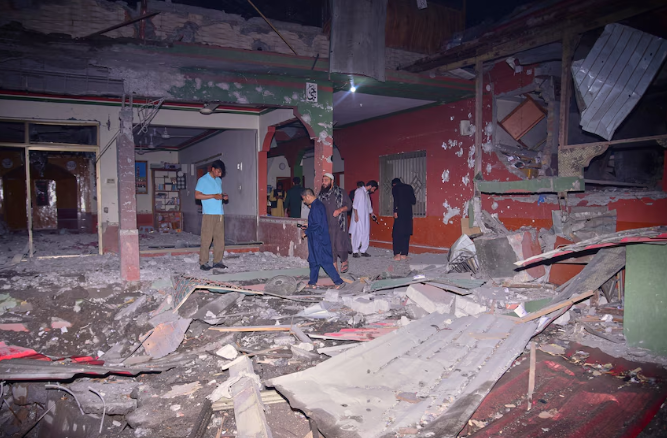Tensions that had been building for weeks erupted early Wednesday when India launched missile strikes into Pakistan and the region of Kashmir under Pakistani control, significantly raising fears of a potential military conflict between the two nuclear-armed South Asian nations.
According to Pakistani officials, the attacks resulted in the deaths of at least 19 individuals, including one child, calling the incident a “clear act of war.”
In response, Indian authorities described their strikes as “precise, limited, and non-escalatory,” stating that they deliberately avoided hitting any Pakistani military installations.
Later reports from law enforcement in Indian-administered Kashmir confirmed that retaliatory shelling by Pakistan had killed at least 10 people.
The Indian government accused Pakistan, a predominantly Muslim country, of orchestrating a recent terror attack in Indian-administered Kashmir that left 26 Hindu tourists dead — the most deadly assault on Indian civilians since the 2008 Mumbai attacks.
Indian Prime Minister Narendra Modi vowed to relentlessly pursue those responsible for the violence, saying he would track down the terrorists and their supporters “to the ends of the earth.”
Pakistan’s leadership firmly rejected any involvement in the attack.
Raji Pillai Rajagopalan, a senior fellow at the Australian Strategic Policy Institute, noted the deep sense of grief, outrage, and frustration in India over the religiously motivated violence against civilians.
She emphasized that India could not have remained passive in the face of such an incident.




















3 Comments